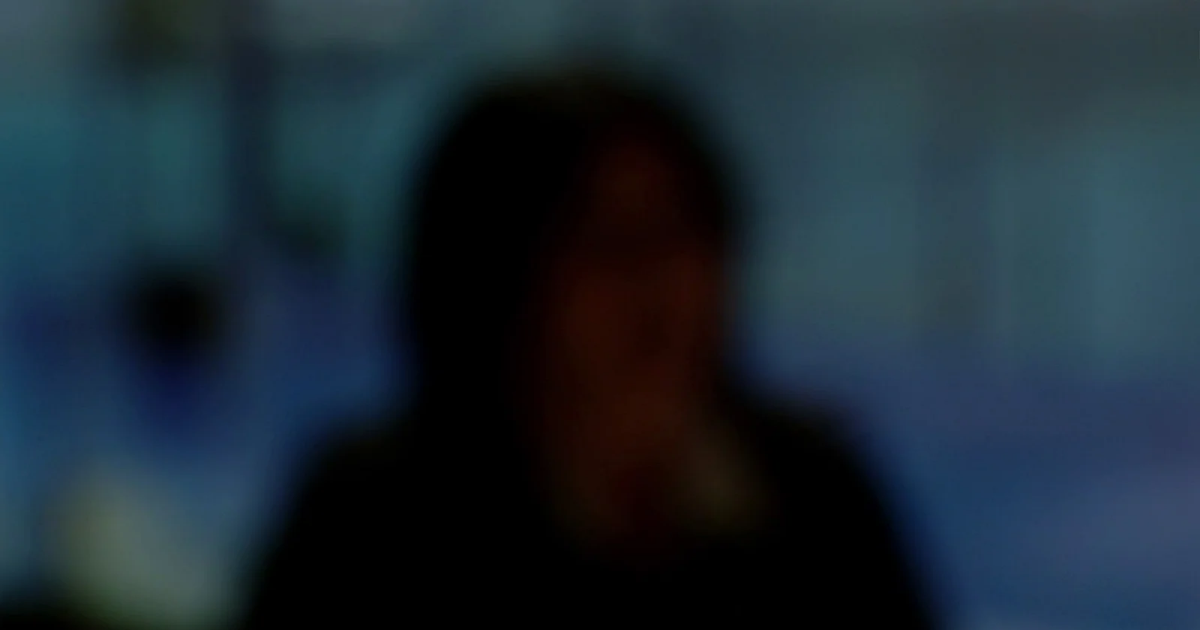The family of a woman placed in the same foster home as ‘Grace’ – the subject of a major report published today by the Farrelly Commission – say they have been left “devastated” by the Commission’s conclusions, and the decision to halt further investigation into other people who lived at the same foster home.
‘Sarah,’ lived in the foster home in the South East in the 1990s. She has intellectual disabilities and is non-verbal, her family believe she was sexually abused in the home.
Due to the legal circumstances of her care, neither she nor her relatives can be identified.
Over recent years, several of her relatives appeared as witnesses in front of the Commission in private, to give evidence about Sarah’s experience in the foster home.
Despite that, her sister told Prime Time that the publication of the report came as a surprise to them.
“It’s been hugely traumatic… today was just another wound, or a reopening of the wound, really,” Sarah’s sister told Miriam O’Callaghan.
“For us as a family, the report is quite shocking. First of all, we weren’t aware it was coming out. I know that the Minister mentioned that there was engagement with families, we don’t have any evidence of that,” she said.
On foot of the conclusions in the report, it was also announced that a proposed Phase Two of the Commission has been shelved.
Phase Two was due to examine evidence raised in relation to 47 other individuals who spent time in the foster home, including Sarah’s case.
“You’re sitting watching a minister tell you that there is no evidence, there’s not going to be a Phase Two, and it’s done. And for us, it’s been part of our family’s story for over 30 years, it’s part of my sister’s life on a daily basis. So, today, we sat and we were together, and I apologised to my sister that this had failed her,” Sarah’s sister said.
She says her family was originally invited to contribute evidence to assist the investigation, but ended up feeling lawyers took an overly adversarial approach to them during evidence.
“We were invited down, we were greeted, we were informed it was going to be some questions to be helpful to the Commission’s process and pathway. And it wasn’t, it was terrifying – it was questions after questions,” Sarah’s sister said.
“Our mother was in her late 60s at that stage and [it was] being inferred that she was lying or making stuff up. It was illogical. She made it up in the 90s? She made it up in the 2000s? And she was prepared to stand in front of a commission and make it up? For what benefit?”
Separately, two whistleblowers who were centrally involved in campaigning for a public inquiry into the foster home at the centre of the Grace case have also expressed disappointment in the Commission’s findings.
In a statement to RTÉ Investigates, Iain Smith, who was a social worker with the health services, says he’s found himself asking “what was it all for?”
He doesn’t believe the report has adequately explored how the foster carers in question led all State authorities into what he describes as a “state of paralysis,” where effectively they were allowed to continue to care for very vulnerable people over many years, despite concerns expressed by several key individuals.
He added that instead of action coming from the authorities, it remains the case that ultimately it was the love and persistence of concerned parents who brought foster placements to an end.
Another social worker, who also raised major concerns, said she has been left utterly disillusioned by the outcome, believing the truth has not yet been established despite the work of the Commission.
“This statement is not intended in any way to be a criticism of Ms Farrelly or her team, for whom I have nothing but the height of respect. I appreciate their work in doing their utmost to establish the truth, despite the obstacles put in their way,” she said.
